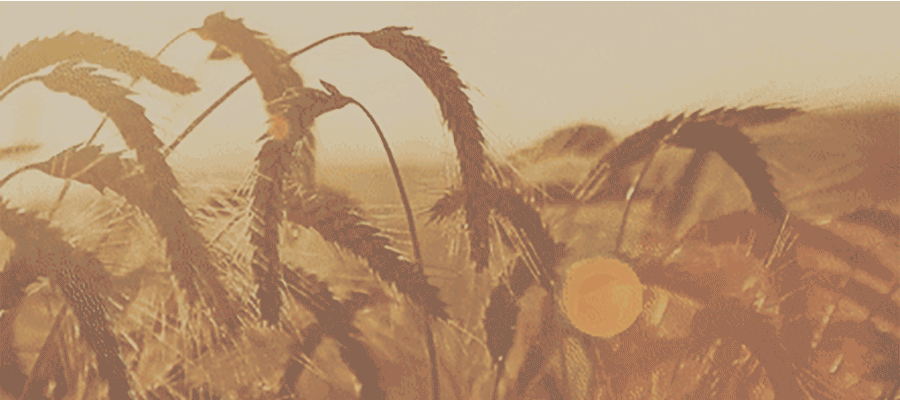The former provided the need for alternative forms of financial transaction, and the latter provided the means.
History
In Thul Ka, a number of merchants and traders banded together to try and form an alternative means of exchange that would be more stable, or at least less susceptible to hoarding. They required a currency that maintained or gained value in trading itself, rather than in some nominally fixed value. They began with commodities futures, which worked for a time, but the contracts were cumbersome and no easy means of exchange was available.
Enter the early Anaxi stock market.
For centuries, shares of companies were able to be bought and sold on a more or less limited basis in Anaxas, but in the 230os, a need to raise large amounts of capital for ambitious projects (such as early airship investments, longer trading and whaling voyages, and new and emerging technologies) required more easily tradable shares. Further, the Bank of Anaxas and the Treasury also began to issue bonds and securities as they too required a massive increase in funding to prosecute wars with Hesse, with piratical principalities along the coast and upon the islands of the Tincta Basta, and to finance massive improvement to civic infrastructure. The Great Sewer of Vienda was one such project that was financed in this fashion, as were many waystations and coaching inns to facilitate internal trade.
And so here was the very currency that the Thul Ka merchants required. A currency that required trading and exchange to increase value, and which was backed not by bars of gold but by myriad commercial ventures. So, using their knowledge of the complex trade relations across the Mugrobi empire, they took their futures contracts and used them to purchase massive quantities of Anaxi government bonds, and company stock on credit.
Such a joy to have a reputation for honesty.
The Mugrobi traders, including those who would come to form The Brotherhood of the Crocus, operated a kind of parallel economy that used fractions of shares and bonds as currency. It was considerably harder to debase such a currency, and counterfeiting was also more difficult as it required not only elaborate printing presses, but a knowledge of trade and accounting that was beyond most ordinary coiners.
As so much of the trade in stocks and bonds took place in Vienda, a number of institutions and locations were constructed in that city to facilitate this new kind of economy. Today, they still stand as temples of busy commerce and with each passing decade the financial business becomes ever more abstruse and complex.
The Exchange
Brokers, Traders, Jobbers, and Touts
- Brokers - More or less exclusively galdori, the brokers are the agents who interact with public clients and facilitate trades on their behalf. They are paid by commission rather than by the profit of trades. The most well-regarded brokers can command an impressive portfolio of clients and are much in demand.
- Traders - A heterogeneous set, traders often hail from lower classes as their work is considered to be less than genteel, and even downright crass and uncouth. They carry out their business upon the trading floor, shouting their bids and asks. It is exhausting work and not well compensated. Still, the traders are essential as only they are allowed to set foot on the trading floor. Most traders are drawn from the better-of classes of human and tsat wicks as they are considered to have the necessary stamina and aggressiveness to excel in this most physical of the financial trades.
- Jobbers - The stockjobbers maintain the books of bids and asks, quote the prices of securities, and perform initial trades based on these quotes. Like the traders, the jobbers have a less-than-upright reputation as their work is considered a necessary evil in making the markets run. Like the traders, jobbers tend to be humans and wicks, though a few galdori make a life for themselves in this precarious occupation. Jobbing is one of the tradition occupations of the Seven Bells wicks of Vienda.
- Touts - The touts are market watchers and chancers who acquire tips, inside information, and sell that information to jobbers and brokers as well as to the public. Touts often hang around the fringes of the Exchange, flogging their information and advice on any who will pay them. Touts tend to be drawn from the same classes as the jobbers.





